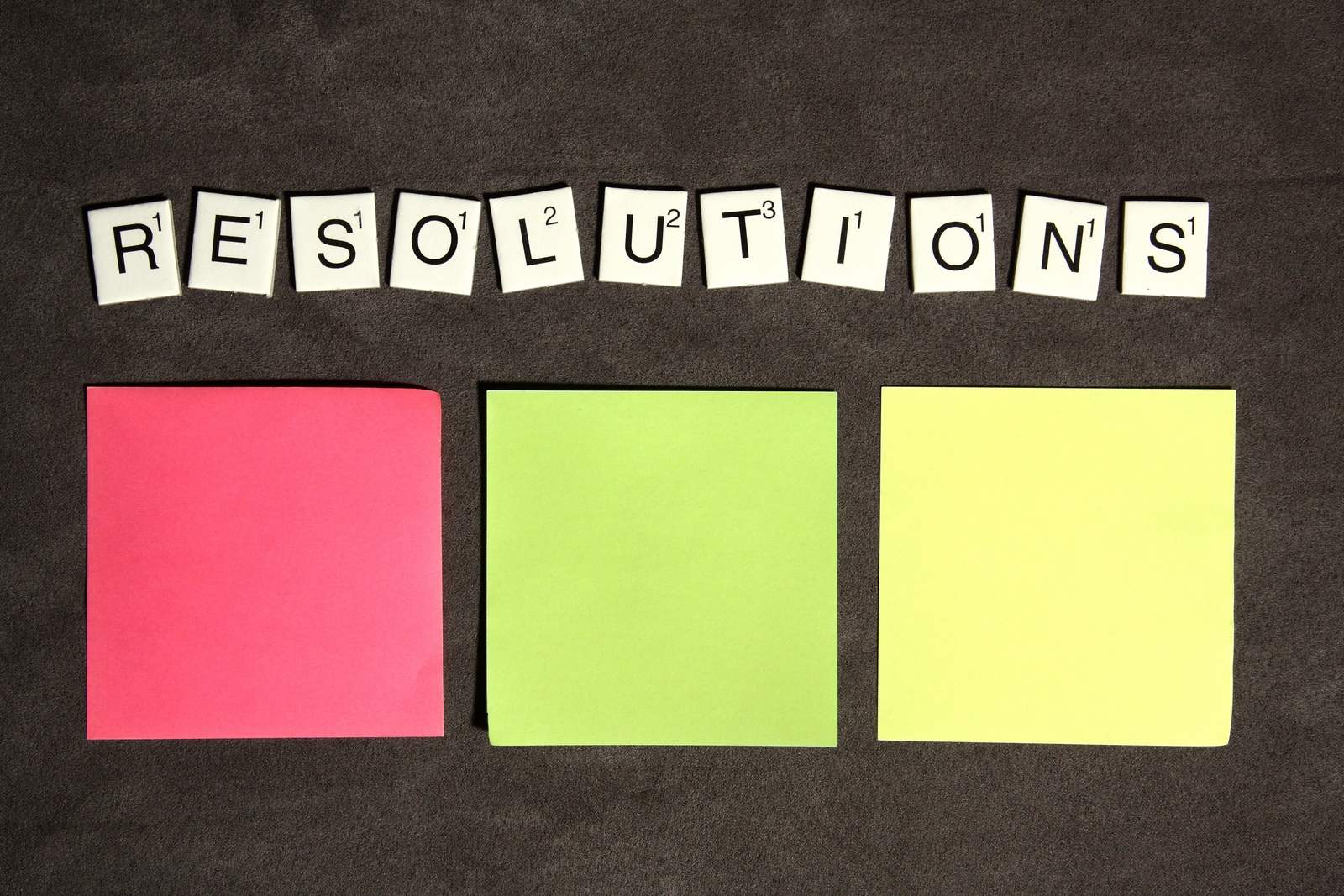New Year Resolution or False Promise ?

Another year rolls around, and we hear people making all kinds of New Year’s resolutions or vows.* Are you one of them? A resolution means reaching a firm decision about something. Is it a good idea to make these promises that we don’t get around to keeping, or keep only for a short time? The ancient Israelites were not told to make vows, but they did make some under a wide variety of circumstances.
It’s Better to Make No Vows Than Have an Unfulfilled One
These were voluntary promises which, when once made, were to be kept if the thing that was vowed was right. And if they made them voluntarily, the Lord said that they were obligated to perform them conscientiously. King Solomon said not to vow. Make a vow about everyday things, fail to fulfill it, and you will be worse off than if you had never made the vow at all.
A vow is really a promise. Why do we make promises that we are not likely to keep? Doing this cancels out the meaning of a promise, if you stop and think about it.
You’re Obligated to a Promise Whether You Care or Not
If someone you know signed a promissory note saying he will repay you a certain amount of money, he has made a legal promise to you. When you want to collect on that promise, what if he says, “Oh, that. Yeah, I signed it, but I don’t really have the time or money to pay it now. Maybe later, if I get a chance. It doesn’t really matter that much.” Maybe it doesn’t matter much to him, but it would certainly matter to you whether he repaid you or not! That is the point of drawing up a promissory note! He has promised something that you are now depending on.

You become a person who does not keep his word, who cannot be relied on, if you do not keep your promises. That is why the Bible tells us that it is really better not to make vows in the first place. Instead, we should say, “I will if I can” or “I will try my best to do it, but I don’t know if I will be able to,” rather than saying, “Yes, I will definitely do that for you, or give that to you, or call you back” and then you don’t.
We tend to have the idea that we can follow through on anything we say we can do. Yet we have proven time and time again that we often cannot follow through, no matter how good our intentions are!
It just is not in our human makeup to be able to do anything and everything that we determine to do all the time. There are other factors, other loyalties and obligations we must yield to in our lives at times that are greater than we are. How often we make vows and promises that are beyond our power to keep!

Don’t Allow Hype to Influence or Enhance a Vow
Beware of letting the excitement of a holiday or the hope stirred by entering into a brand new year entice you into making promises or vows that are beyond your power to fulfill. After all, we don’t vow or promise our way into heaven to be with Christ. It won’t work, because we don’t have the power to keep such vows. Realize instead that we are not always able to make the right decisions, and that we need someone greater than we are to lead us in the right way.
God Doesn’t Want Promises, He Wants YOU
God is not interested in hearing lofty sounding promises and vows to Him. He wants us to simply come to Him just as we are, and let Him remake us into what He would like us to be. It is not a matter of our will-power, but of the power to do His will, which comes from yielding to Him.
“When thou vowest a vow unto God, defer not to pay it; for he hath no pleasure in fools: pay that which thou hast vowed. Better is it that thou shouldest not vow, than that thou shouldest vow and not pay.”
Ecclesiastes 5:4-5
*A vow is a solemn promise or pledge, a personal commitment or assertion. Interestingly, it comes from the Latin word “votum,” corresponding to “euchesthai” in Greek, which means “to pray.” The meaning in Sanskrit is “to sacrifice.”
[Additional image credits: Featured image (when applicable) by Tim Mossholder on Unsplash; Opening image by Breakingpic on Pexels]




